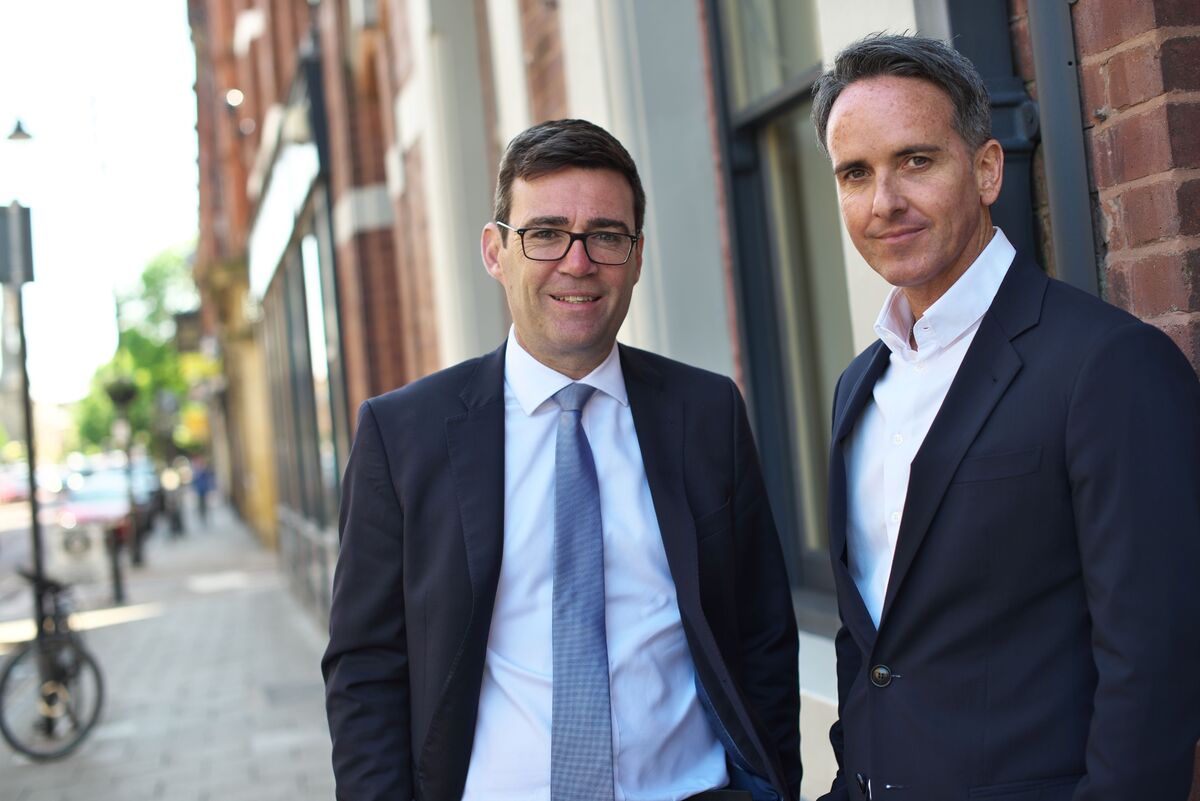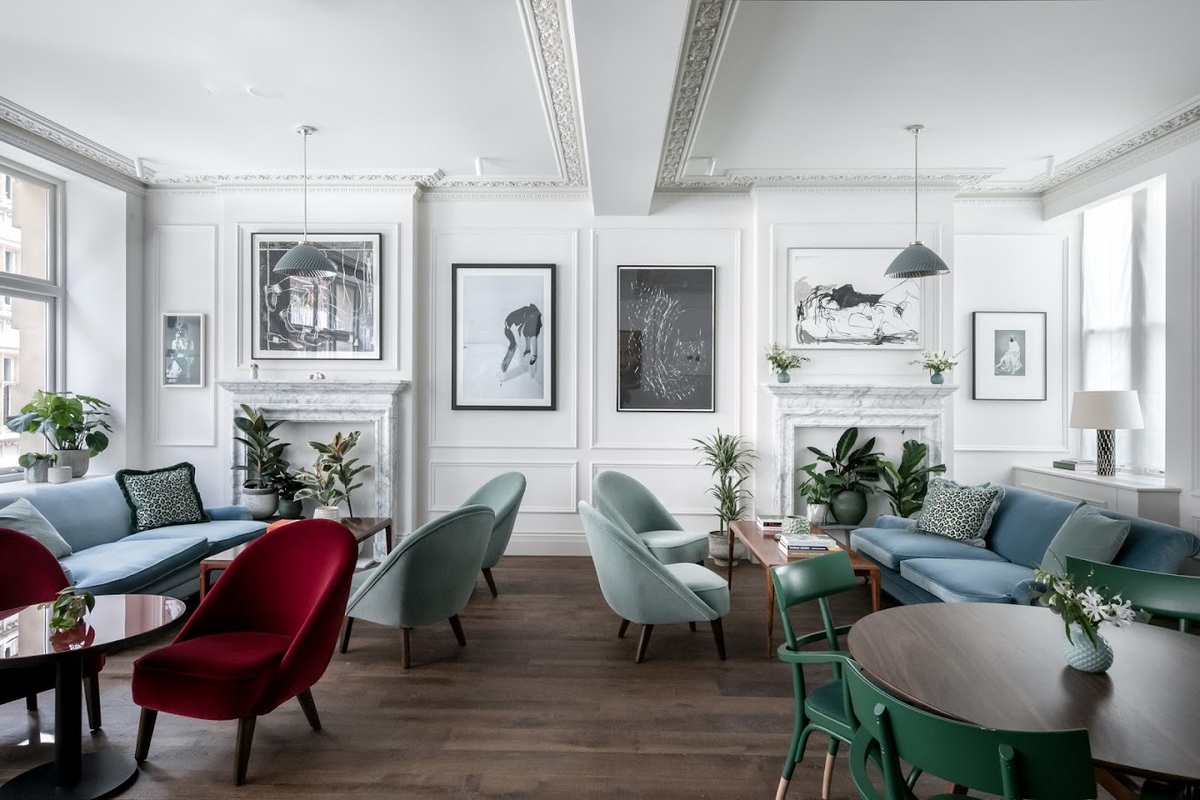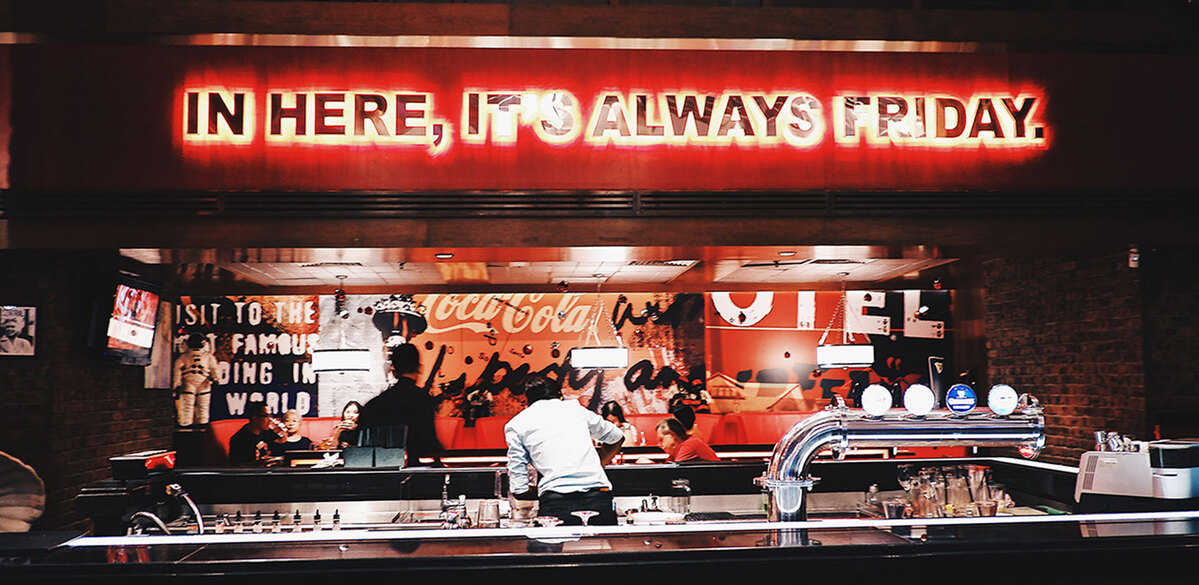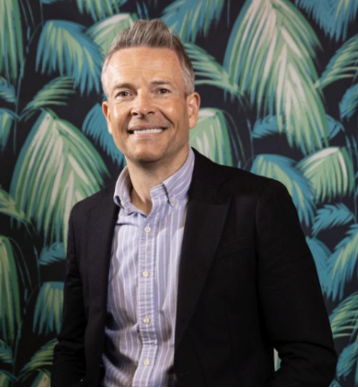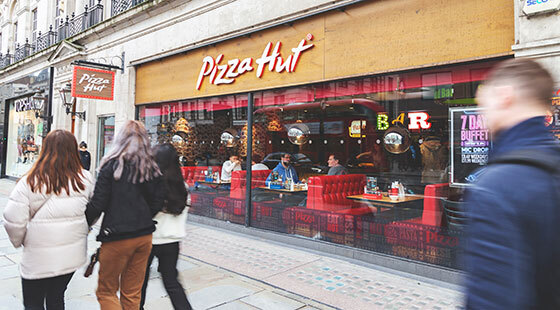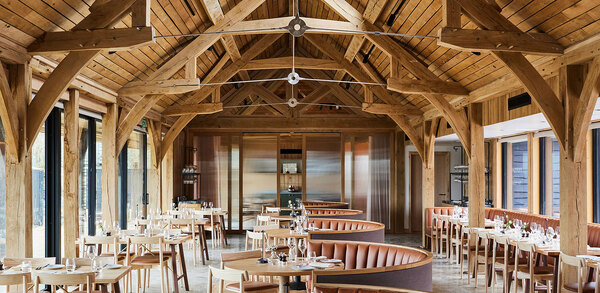The Caterer Interview: Clare Smyth
It has been a stellar year for Clare Smyth. Not only has Gordon Ramsay named her chef-patron of his flagship Chelsea restaurant, but she was made an MBE in the Queen's Birthday Honours and named Chef of the Year in the Good Food Guide 2013. Rosalind Mullen finds out what drives the woman who runs one of the world's toughest kitchens
Which of the many accolades you've gained this year means the most to you? Each award is different. The Good Food Guide came out of the blue and was recognition from outside the industry. It's a brilliant guide, solid and not driven by media.
The MBE was also from outside the industry. To get national recognition was huge. I'm incredibly proud. I can't ever lose that. The other three-Michelin-star holders have received accolades, too. It means a lot to me.
Being promoted to chef-patron and taking over the restaurant in March after the refurbishment was confirmation that I am staying here for good and making it my own. I've been here since 2002, so I didn't need approval. Actually, Gordon [Ramsay] said to me: "If you screw up, it's your own fault."
You must be under huge pressure to keep performing well? Having three stars has always been a huge pressure, but I don't feel it as much as when I first took over as head chef in 2007/8. I was younger and so there was a real pressure. I was petrified I would lose it. I was always judging myself and asking "is that good enough?". Six years on, I have grown and I am ready to take up the reins as chef-patron.
What's the secret to maintaining three Michelin stars?
The plan here is always to work on new projects. Usually we have too many ideas, so we analyse them and thin them out. We make decisions as a team, gather everyoneâs views from front and back of house and then make the right decision, whether itâs for new tablecloths, new knives or plates. Here, we add value by using artisans and small farmers for our décor and ingredients.
How do you develop your menu? Iâve travelled a lot, particularly during the refurbishment in spring. I need to know whatâs happening â" what the foodie movement is in Scandinavia or Spain. It may not be right for this restaurant, but I need to know.
I connect directly with the farmers and suppliers and encourage them to grow different ingredients for my dishes. Most are outside London, so I make an effort to get out there. I think itâs important to meet the people who are actually doing it. Many farmers are passionate, but the middle man isnât.
You grew up on a farm, so what do you look for when sourcing produce? Itâs not whether ingredients are organic or not, but whether they come from a farm where there is good animal husbandry and respect for the land. Itâs about good farming. A good product might not necessarily be organic, but the two tend to go hand-in-hand.
Do you follow Gordon Ramsayâs cooking style? Well, I trained here from being young, so this is my foundation. I work in Gordonâs way and this is the style of food I love to cook. Heâs not creating the dishes here any more, but some of his signature dishes are still on the menu â" as well as new signatures.
Tell us more about your kitchen It runs like clockwork. What goes on in that kitchen has made it among the toughest in the world for the past 15 years. At 7am, that kitchen is pumping. I have reached a standard and wonât let it go. I can never go back. I canât start at 8am. But we do try to go forward in a smart way. We now try to get things done earlier in the day, so we can get people home earlier.
We tend to do 40-50 covers at lunch and 50-55 at dinner. We have 14 tables and usually turn two at lunch and five or six at dinner to keep the ambience going. We start evening service early at 6pm, so itâs a long service.
My partner, who is in finance, came here and couldnât believe he had met people who are so passionate and love their job so much.
Do you get downtime between shifts? No, itâs non-stop. From 2pm to 6pm, I am doing paperwork. I work all day. I want to be here to make sure that everything is right. I couldnât walk away from it.
What keeps you going? I think I could improve all the time. I donât feel I have achieved anything yet. I have trained under master chefs and I havenât got there yet.
My goal is to concentrate on raising the quality within the team. This kitchen is a bubble of creativity and passion. I love watching the teamâs development and working on it. I love sending dishes out perfect.
You clearly get satisfaction from your job I always wanted to be a chef and I am content investing in the kitchen. After years of learning the craft, I feel I suddenly understand the matrix and can make things work. Sometimes if the guys make a mistake, I donât understand why they canât see the dish has the wrong acidity balance or whatever.
Is it tough leading a mainly male brigade as a woman? Iâve always been a leader, so I was comfortable taking the reins. People follow someone because their passion is the most driven. Iâve been passionate and driven since a young age.
You can study management, but leadership is innate. The older I get, the more mature I have become as a leader. Some of the guys were older than me when I started and it was hard. Gordon used to say: âWhoâs upsetting you now?â Iâve learned that if you get upset, you lose concentration on your service and I need to be the best.
Is Gordon intimidating? I have such respect for Gordon. I was petrified and in awe of him when I first joined in my early twenties because being a good chef was so much what I wanted to do.
I still look up to him and want to follow in his footsteps, but he was always very good with me. He was always behind me as a coach and recognised that I had talent when I was just 23. One day he said to me: âWe need to teach you how to run a kitchen.â
And is he still hands-on? Heâs supportive, but sees me in my own right. He came here to eat with his family for the first time recently. His daughter is 15 years old and had never eaten here. It was a massive compliment that I could show him my skills. They sat at the Inspiration Table and were served by Matt Abe, our head chef. It meant he could see how Matt had evolved. I loved seeing that, too.
You introduced the Inspiration Table when you became chef-patron? Yes, itâs is my idea. I didnât want a chefâs table in the kitchen â" I like privacy when I cook. I wear my heart on my sleeve and thatâs not to everyoneâs liking. I donât want analysis. The Inspiration Table is set apart and the chefs host it to try out new dishes and interact with people who are passionate foodies.
Some are simple dishes, such as live langoustines seared on a Himalayan salt plate at the table. You canât usually do that in a fine-dining restaurant. My palate is sophisticated â" I eat everything. But you get different â¨feedback from the Inspiration Table â" itâs like an experiment.
Where do you like to eat? I eat around the UK. I am going to Silverstone soon, so will do Sat Bainsâ restaurant and Daniel Cliffordâs Midsummer House. I would feel I have missed out if I donât pick up one of those restaurants while I am there. Last weekend I was in Cornwall, so I ate at Nathan Outlaw and then Gidleigh Park on the way back.
Good food is no longer just in London. Now the UK is more like France than France was.
What advice would you give ambitious female chefs? Just go about your job as a guy does. Donât think about yourself as a woman. I was quietly competitive â" nobody would have known how driven I was. Iâm a sort of marathon runner: I have long-term goals. It wasnât going to happen in five minutes. Consistency takes time.
Tell us about your mentors, Gordon Ramsay and Alain Ducasse Alain Ducasse is one of the greatest chefs in history and it was a huge honour to work with him. He teaches tirelessly. He has a philosophy of how to treat people with respect and it is a hell of a message for everyone. He is the godfather of cuisine. Itâs not about who is best, itâs about embracing cultures. Whether he is in China or Japan, he doesnât try to cook their food, but he uses their ingredients in his way. If I could come within 10 miles of his achievements, I would be happy.
Gordon Ramsay has done phenomenal things for our industry. He has made haute cuisine accessible and added value â" across the world. OK, he is probably the most famous chef on this planet through his TV programmes, but at the end of the day he is a three-Michelin-star chef. Heâs not a fake; heâs the real deal.
How can young chefs tap into the knowledge of top chefs? If a young chef is on a serious journey, people will share their talent. They need to work in a good restaurant, to be accepted on stages in other good kitchens. Otherwise, you wonât be taken seriously. Itâs no good turning up out of the blue because you want to put on your CV that you worked at Gordon Ramsayâs for a day.
Â
Gordon Ramsay Restaurant
68 Royal Hospital Road, London, SW3 4HP
www.gordonramsay.com/royalhospitalroad
â- Part of Gordon Ramsay Holdings, which reported pre-tax profit of £2m in the year to August 2012
â- Proprietors: Gordon Ramsay and Clare Smyth
â- Opened: By Gordon Ramsay in 1998
â- Cuisine: Modern French
â- Number of seats: 45
â- Menus: A La Carte £95 per head; Menu Prestige (seven courses) £135; Seasonal Inspiration £155; Vegetarian Menu £95/£135; Set lunch £55
Â



